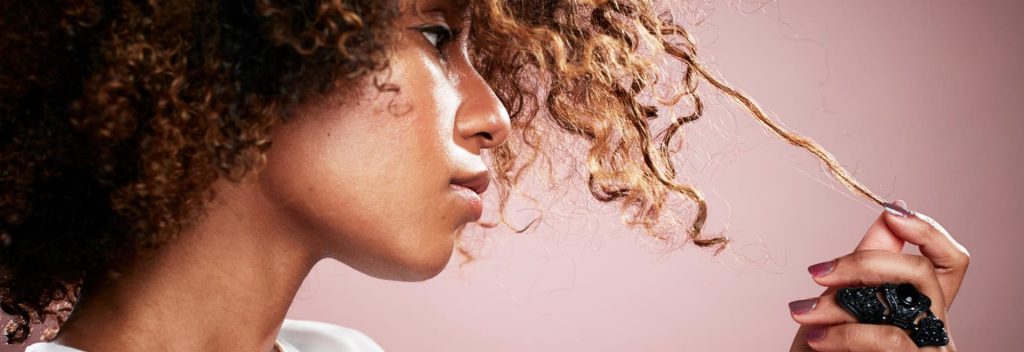Women who bleach risk skin cancer, Researchers Warn
Published on September 12, 2017 at 4:48 PM by FACE OF MALAWI
Over the years, bleaching creams also known as skin lighteners, whiteners, brighteners or fading creams were used for the purpose of treating skin problems such as freckles, age spots, acne scars or discolouration related to hormones.
However, in recent times, many people now use such creams to lighten a naturally dark skin not minding the risks associated with it.
The skin-bleaching has become quite a serious problem in Malawi, almost as much as it is in West African countries-from where most skin-whitening creams and lotions are finding their way onto the Malawian market.
However, women who bleach risk to develop skin cancer according to Ami R. Zota, an assistant professor of environmental and occupational health at the Milken Institute School of Public Health at George Washington University.
This is because some of the products most popular among African-American, Latina, and Asian-American women are also among the most dangerous.
Zota details the problem in a commentary she co-authored last week in the American Journal of Obstetrics and Gynecology.
Manufacturers of beauty and personal-care products aren’t required to prove these products are safe, she explains. And Janet Nudelman, M.A., director of Breast Cancer Prevention Partner’s Campaign for Safe Cosmetics, says companies that make professional salon products aren’t required to disclose what these products contain.
For example, chemical hair straighteners, skin-lightening creams, and feminine hygiene products often contain ingredients such as phthalates and heavy metals that have been linked to hormonal changes and increased risks of cancer. Popular boxed and salon-grade hair relaxers and straighteners can contain parabens and placenta, both of which are known hormone disruptors whose use has been linked to early periods, uterine fibroid tumors, and an increased risk of breast cancer in African-American women.
Skin-lightening creams and lotions can contain potentially harmful chemicals such as hydroquinone (a skin irritant linked to skin cancer), corticosteroids, and mercury, which have been associated with kidney and nervous-system damage and elevated blood mercury levels, the authors report.
All women can be exposed to risky chemicals in beauty products, says Bhavna Shamasunder, Ph.D., an assistant professor of urban and environmental policy at Occidental College who wrote the commentary with Zota. But according to their research, women of color have higher levels of these potentially harmful chemicals in their bodies than Caucasian women.
The Personal Care Products Council, a group that represents the industry, defended their members and said, “Consumer and product safety are top priorities for the cosmetics and personal-care products industry, with careful and thorough scientific research and development serving as the foundation for everything we do.”



